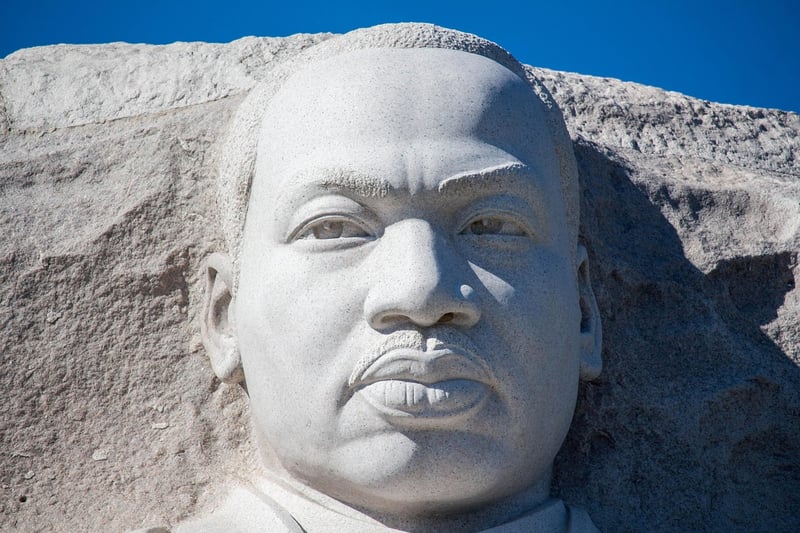Civil Rights Movement
Exploring Pivotal Moments in the Civil Rights Movement
The Civil Rights Movement in the United States was a significant period marked by courageous individuals who fought for equality and justice. Let's delve into some pivotal moments that shaped this transformative movement.
1. Brown v. Board of Education (1954)
The landmark Supreme Court case ruled that racial segregation in public schools was unconstitutional, paving the way for desegregation and challenging the "separate but equal" doctrine.

2. Montgomery Bus Boycott (1955-1956)
After Rosa Parks' arrest for refusing to give up her bus seat to a white passenger, the African American community in Montgomery, Alabama, organized a year-long boycott, leading to the desegregation of public buses.

3. March on Washington (1963)
Over 250,000 people gathered in Washington, D.C., where Martin Luther King Jr. delivered his iconic "I Have a Dream" speech, calling for an end to racism and advocating for civil and economic rights.

4. Voting Rights Act of 1965
Following sustained efforts and protests, this legislation aimed to overcome legal barriers preventing African Americans from exercising their right to vote, ultimately increasing voter registration and political participation.

5. Selma to Montgomery March (1965)
Also known as "Bloody Sunday," peaceful marchers demanding voting rights were met with violence on the Edmund Pettus Bridge in Selma, Alabama. This event led to national outrage and contributed to the passage of the Voting Rights Act.

These pivotal moments in the Civil Rights Movement reflect the resilience and determination of individuals striving for equality and justice. Their legacy continues to inspire future generations to advocate for a more inclusive society.
For more information on the Civil Rights Movement, visit History.com.
